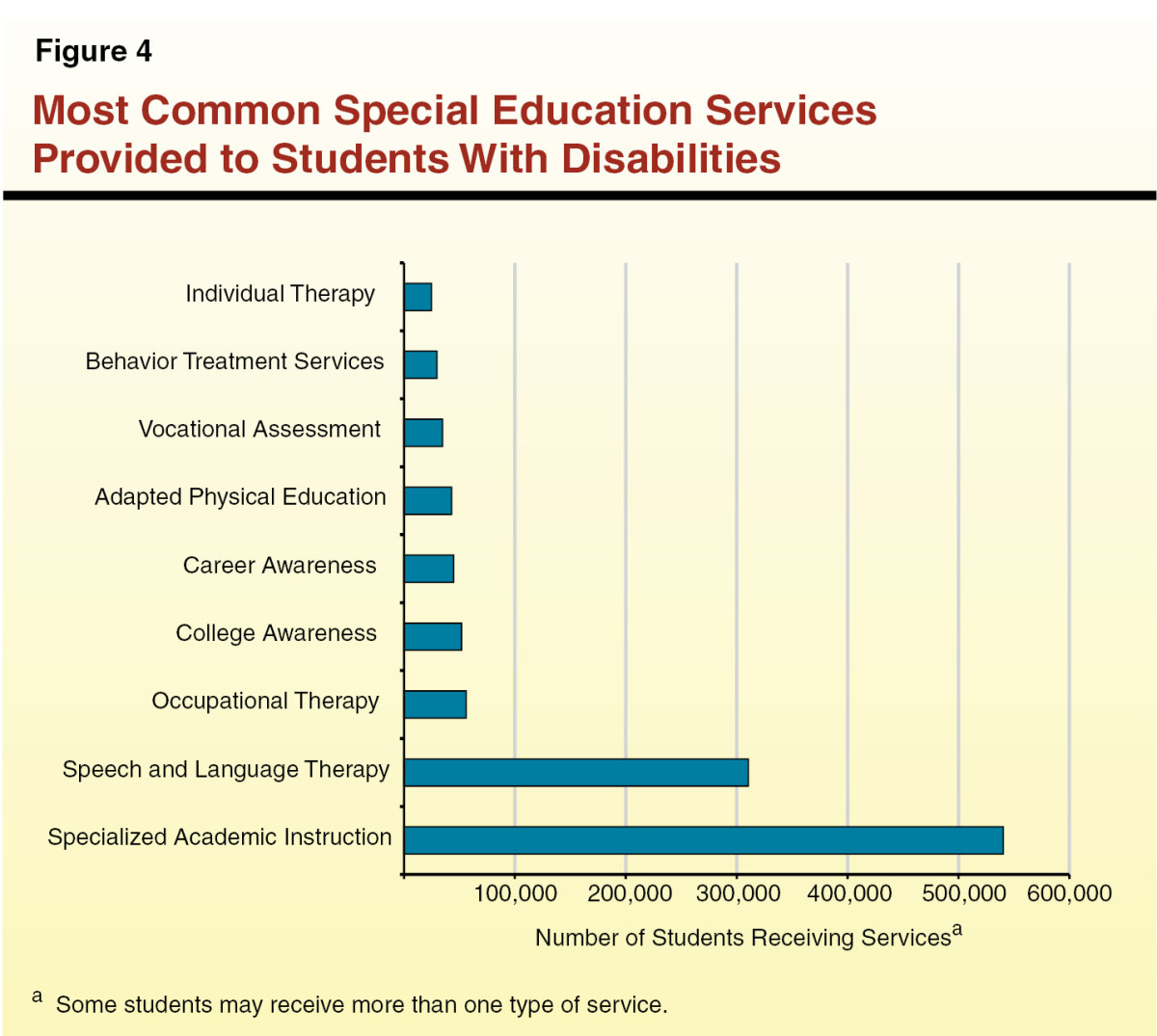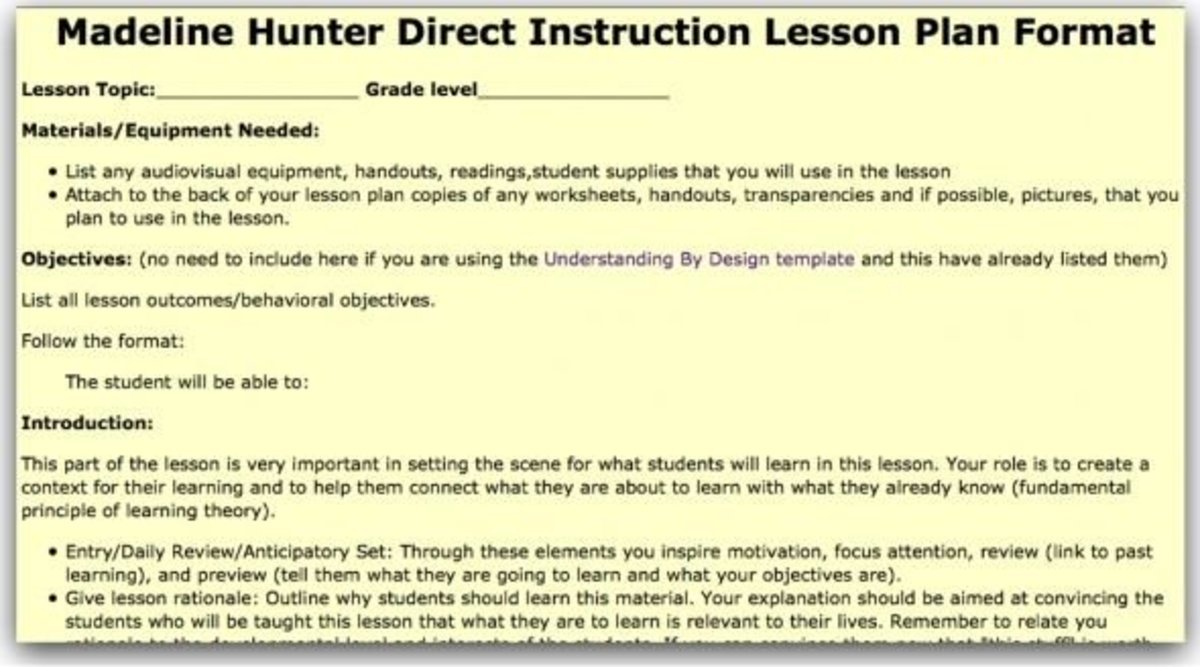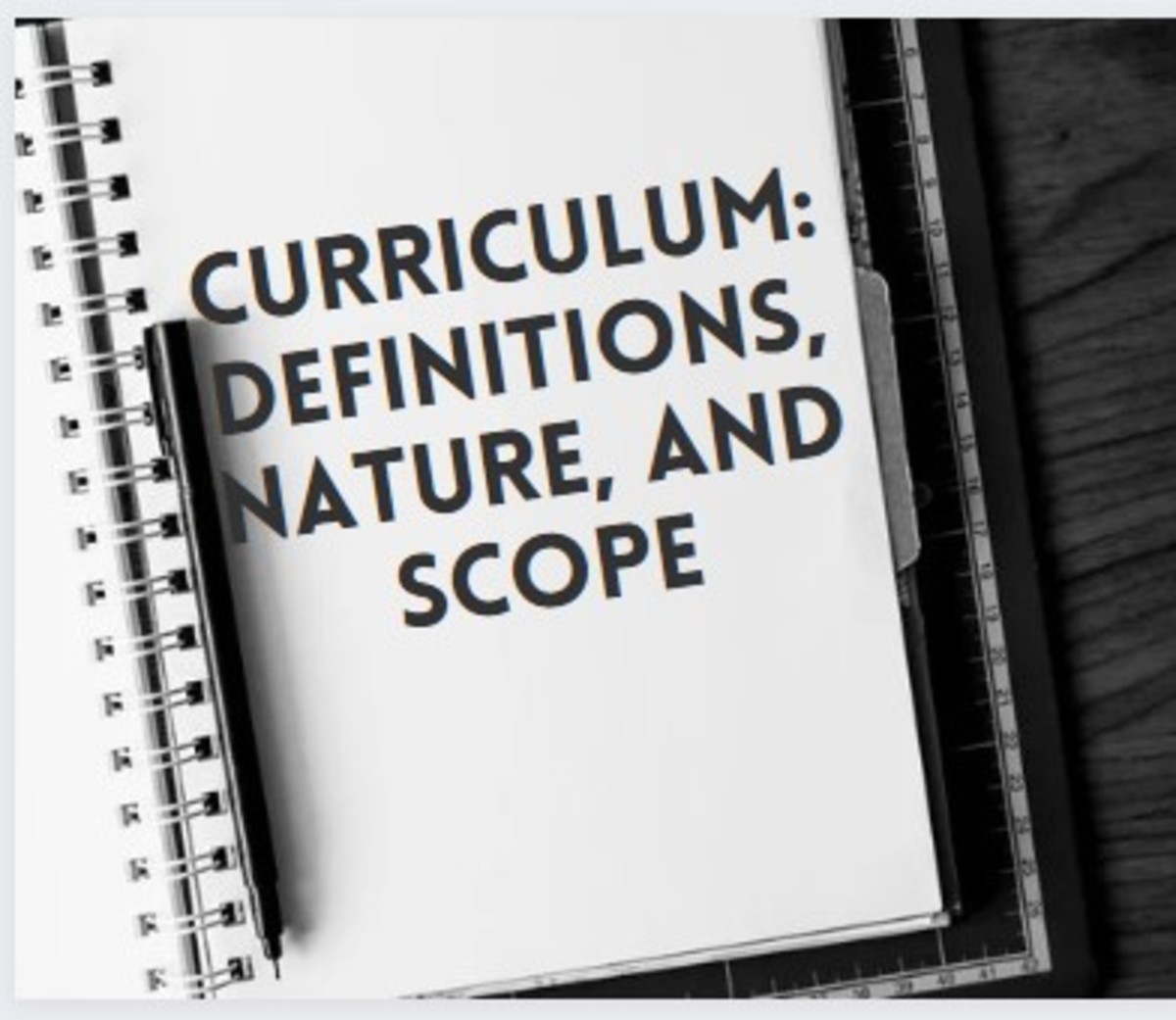Should Students with Cognitive Disabilities Be Expected to Demonstrate Academic Proficiency?

No Child Left Behind and other similar legislation ensures that students with disabilities will not be forgotten in the classroom. The question though, is just how much proficiency and progress should the school system expect from students with diabilities.
This article will discuss the nuances of the phrase 'academic proficiency'and explain why progress in any form is important to the educational process.
Just how much proficiency should a teacher expect a student with learning disabilities to attain? While the same level of proficiency as a non-disabled student is not feasible, the entire purpose of education is to produce “yearly progress” notes Byrnes (2011, p. 243).
According to Byrnes (2011), schools must show progress towards proficiency in all students. Byrnes further states that the “blanket exclusion [of assessment] of all students with disabilities” is unwise and does not accurately show the proficiency or lack of profieciency of a shcool (p. 243).
Remembering that not all students should and will learn exactly the same thing during the course of the year will help teachers remember that there are differnt levels of progress. Not reaching the same level is not necessarily a "lack of progress" though, notes Kauffman (p. 259). While some students can reach the academic standards with accommodations — such as extra testing time — expecting all students to pass a test, even those with disabilities, is unfeasible (Kauffman, p. 262).
Students who don’t pass the test aren’t “total failures” either. Rather, it is important to remember that setting and meeting goals is an important part of the academic progress; not each child needs to have the same exact goals. In this case, academic progress is "king".
In this writer’s opinion, and based on the textbook, disabled students should be able to demonstrate progress toward the goald, however they should not necessarily be expected to demonstrate proficiency to the extent of their non-disabled peers.
Reference
Byrnes, M. (2011). Taking sides: Clashing views in special education. New York, NY: McGraw Hill.






